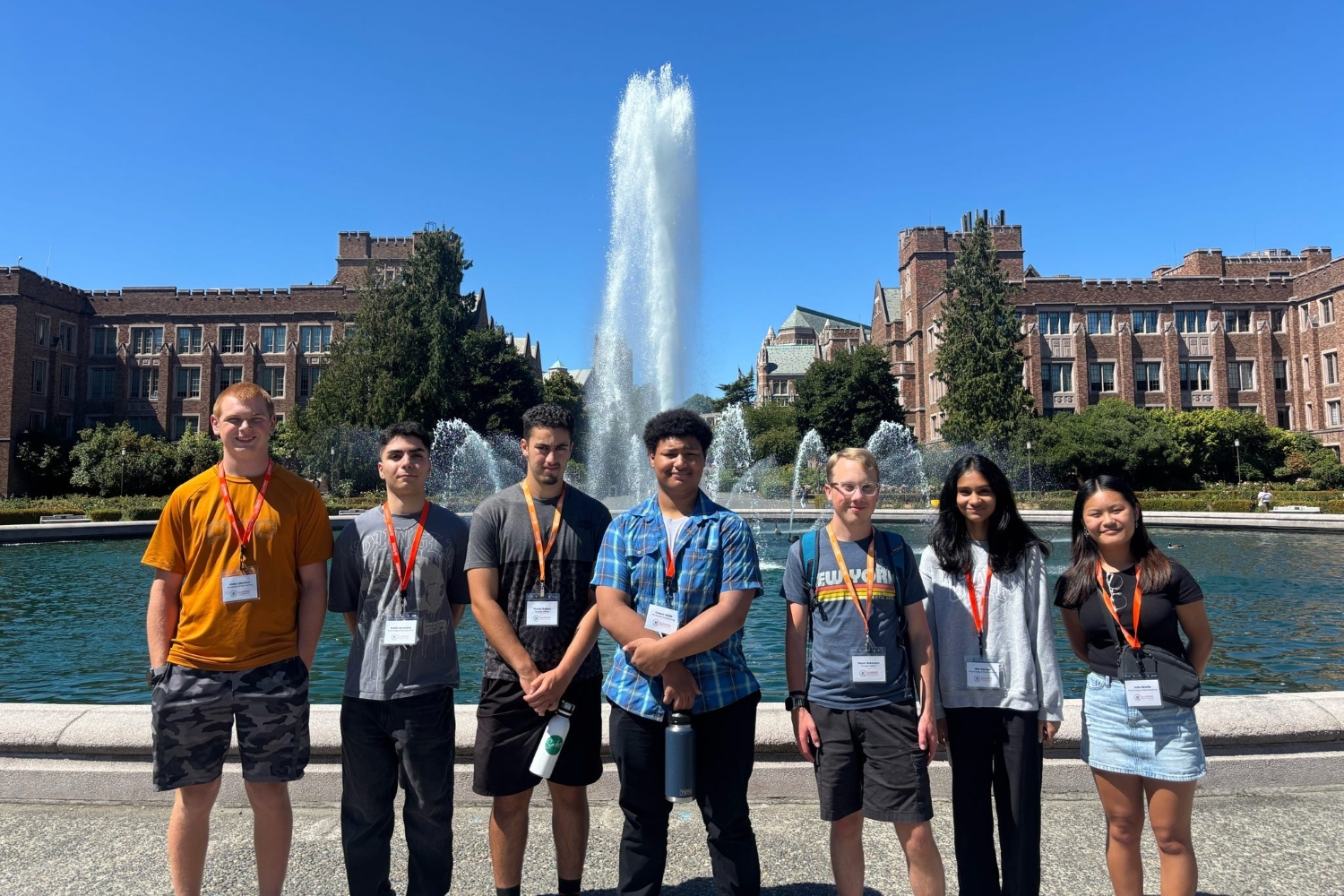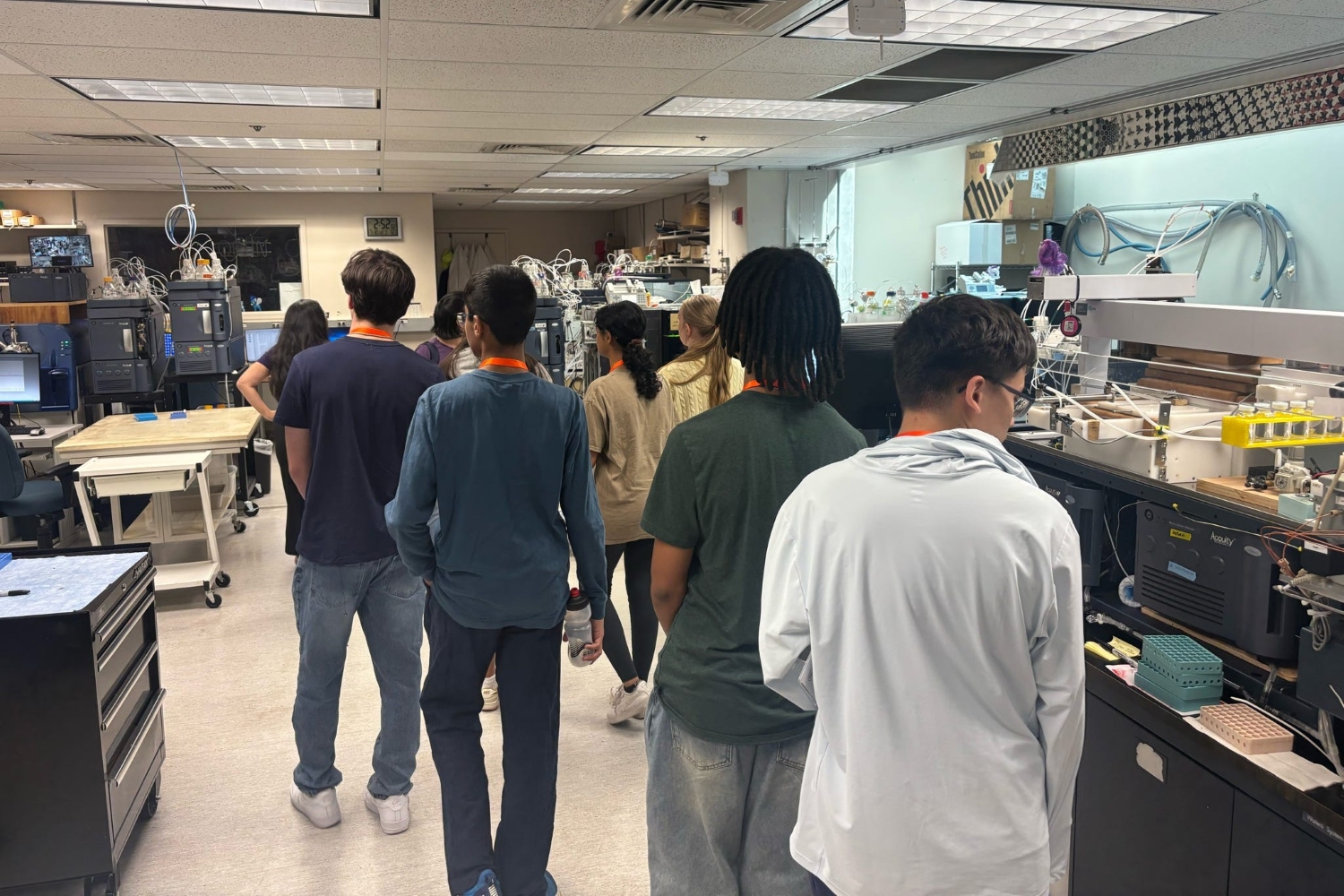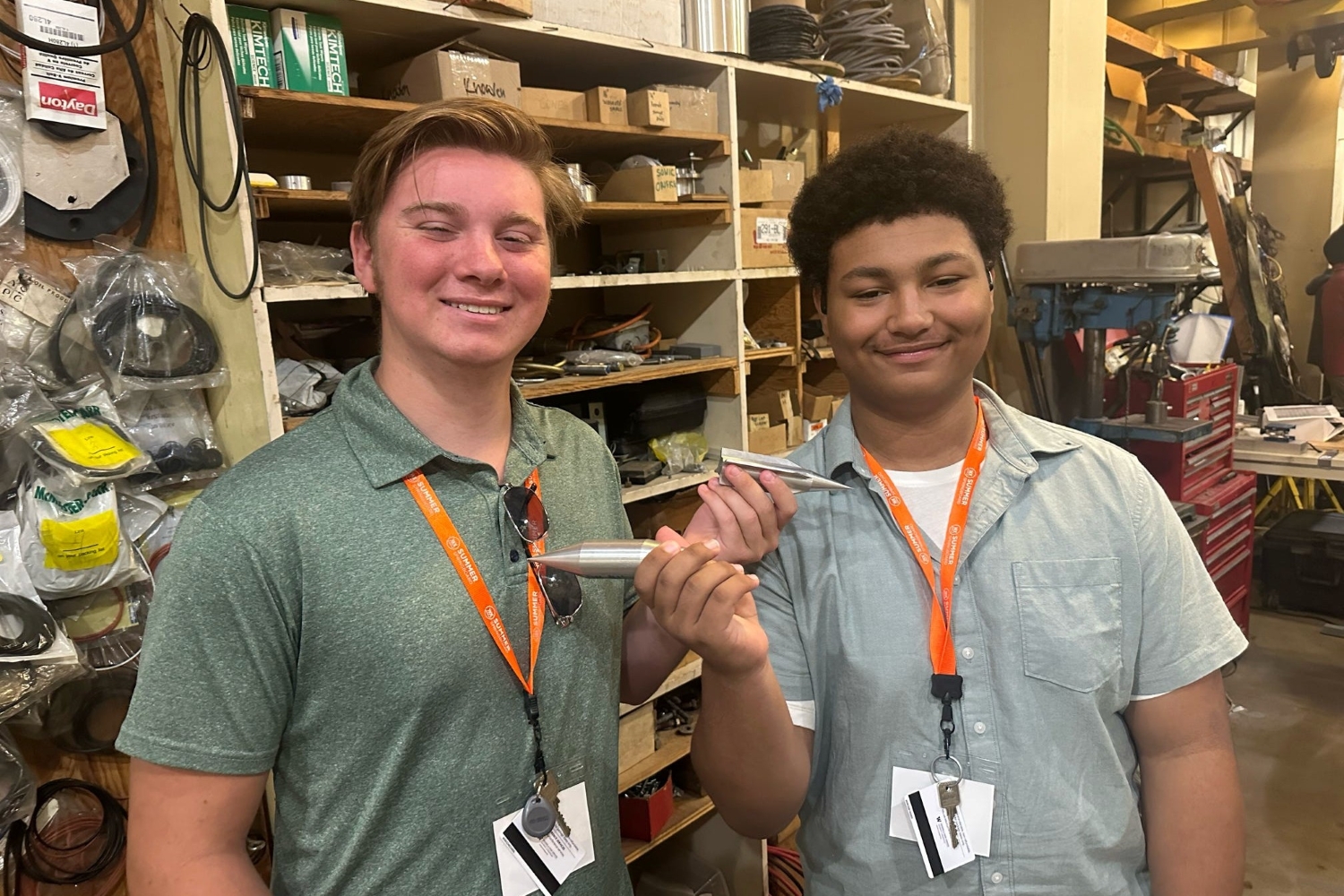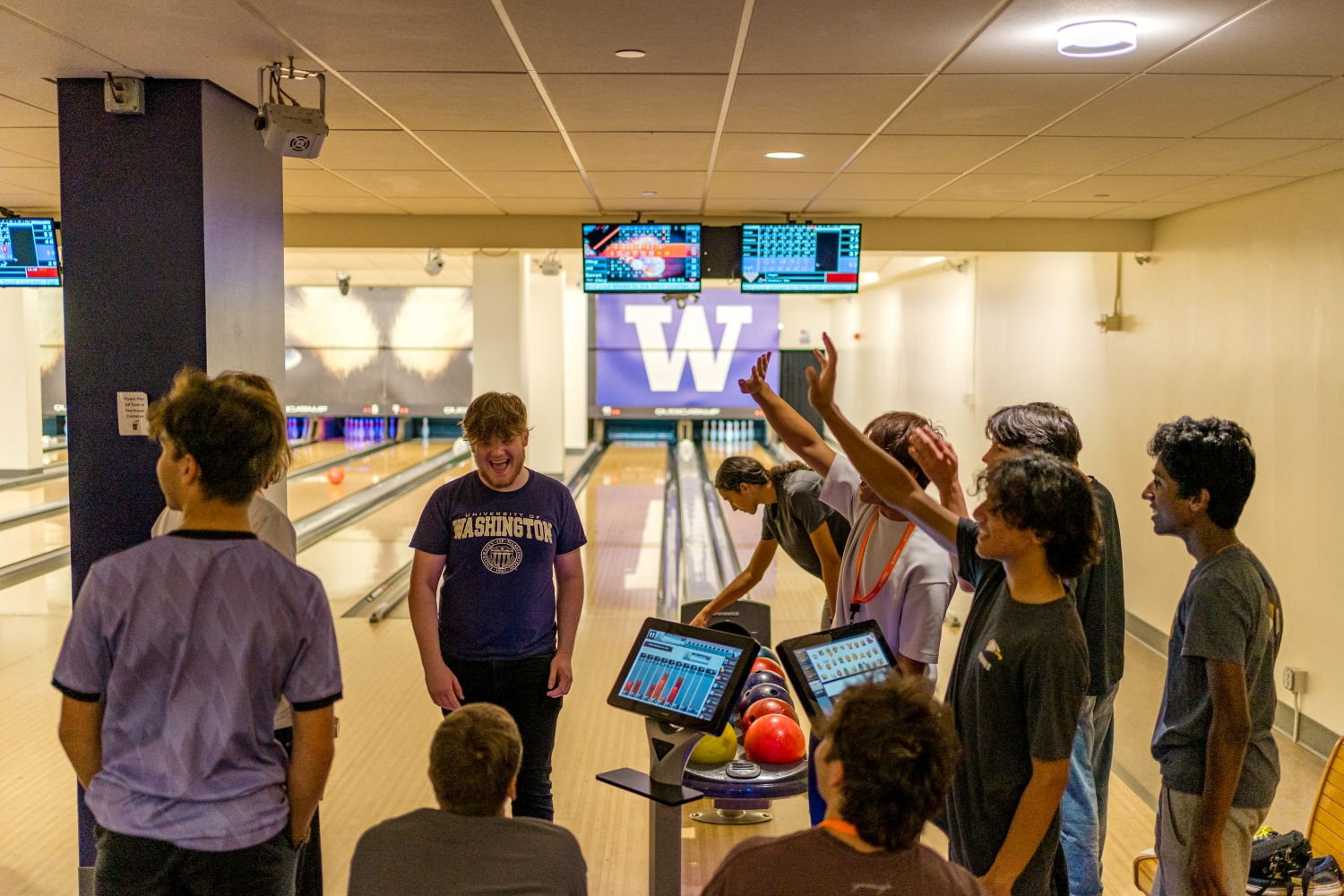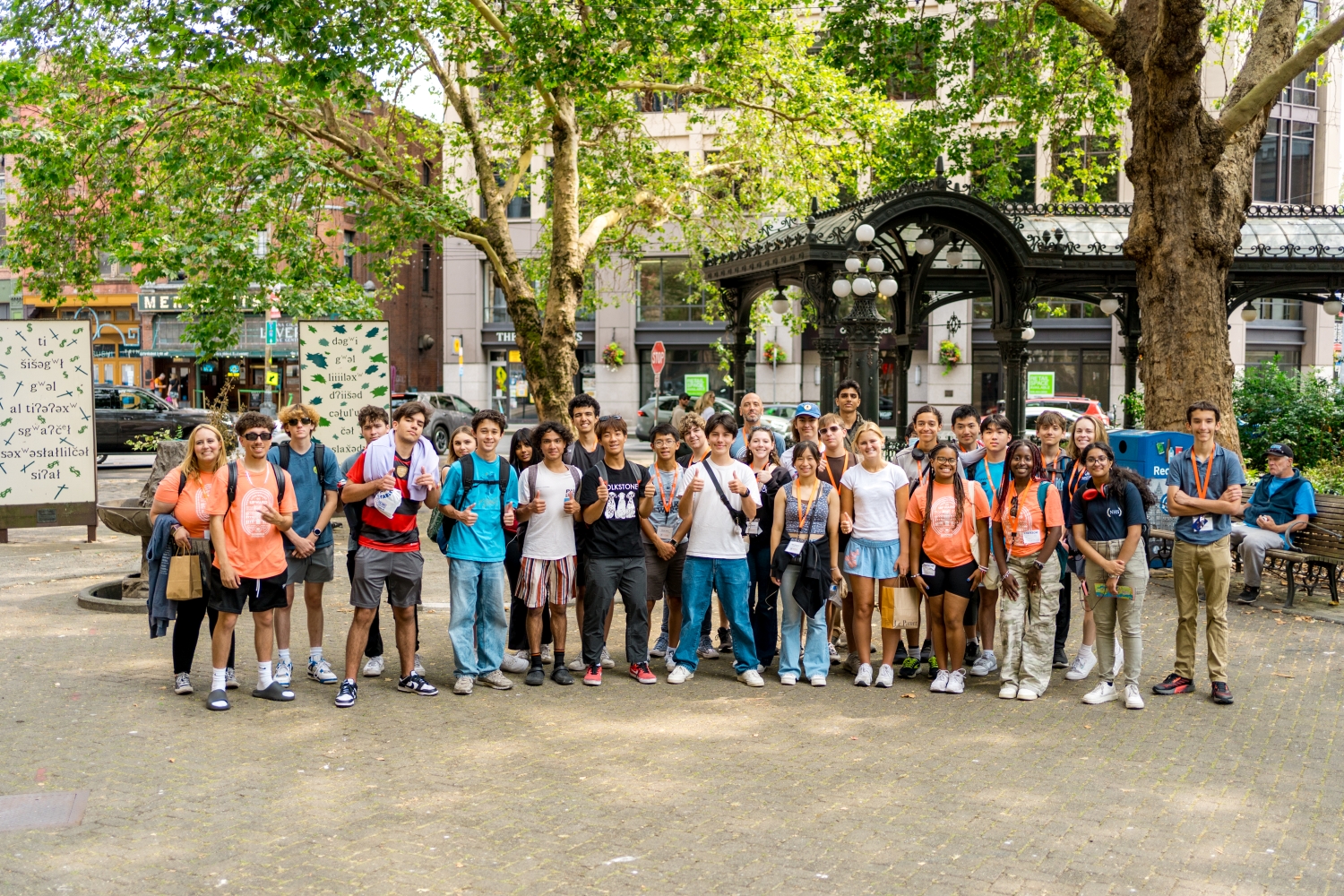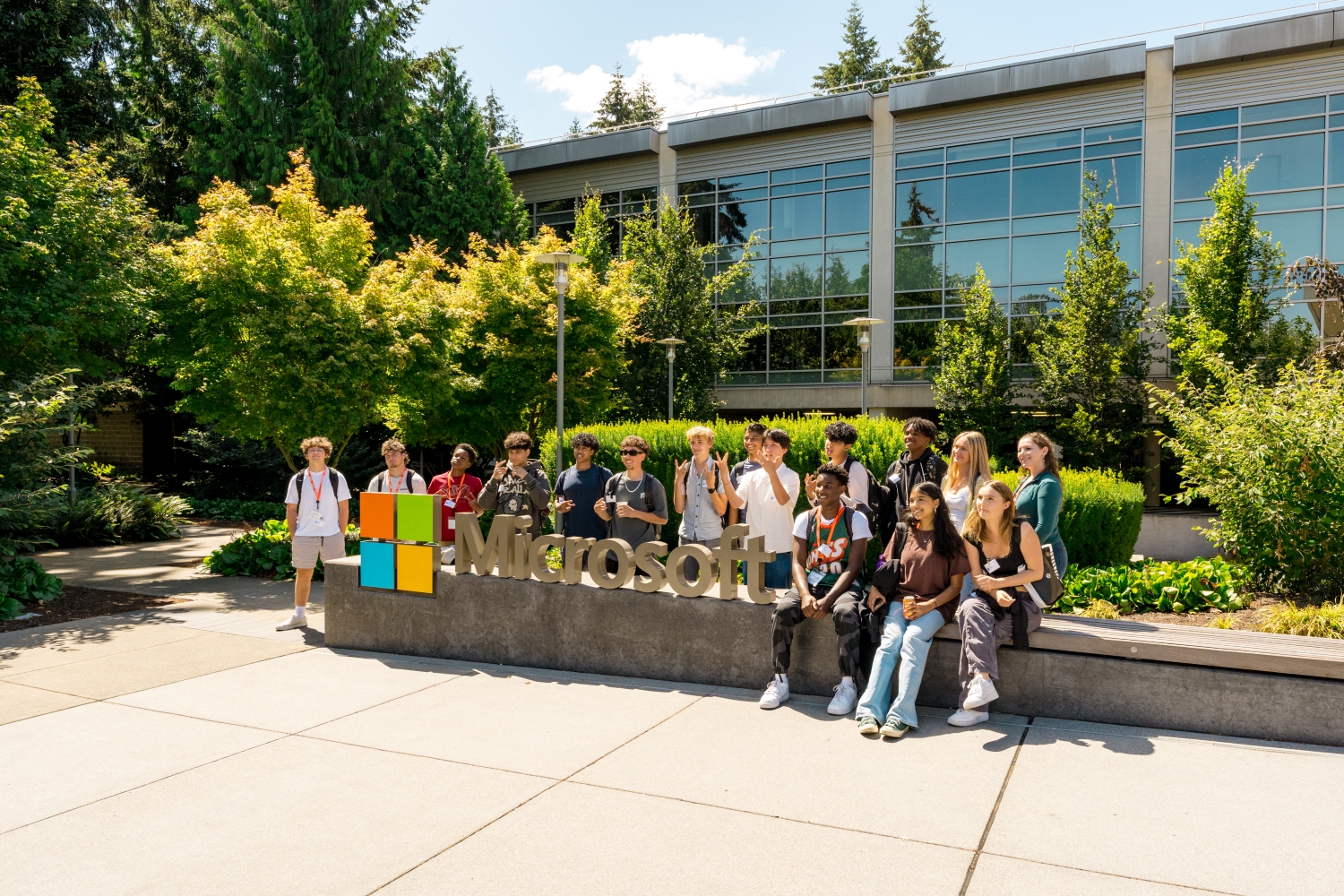Summer Springboard
Aerospace Engineering
ON THE CAMPUS OF UNIVERSITY OF WASHINGTON
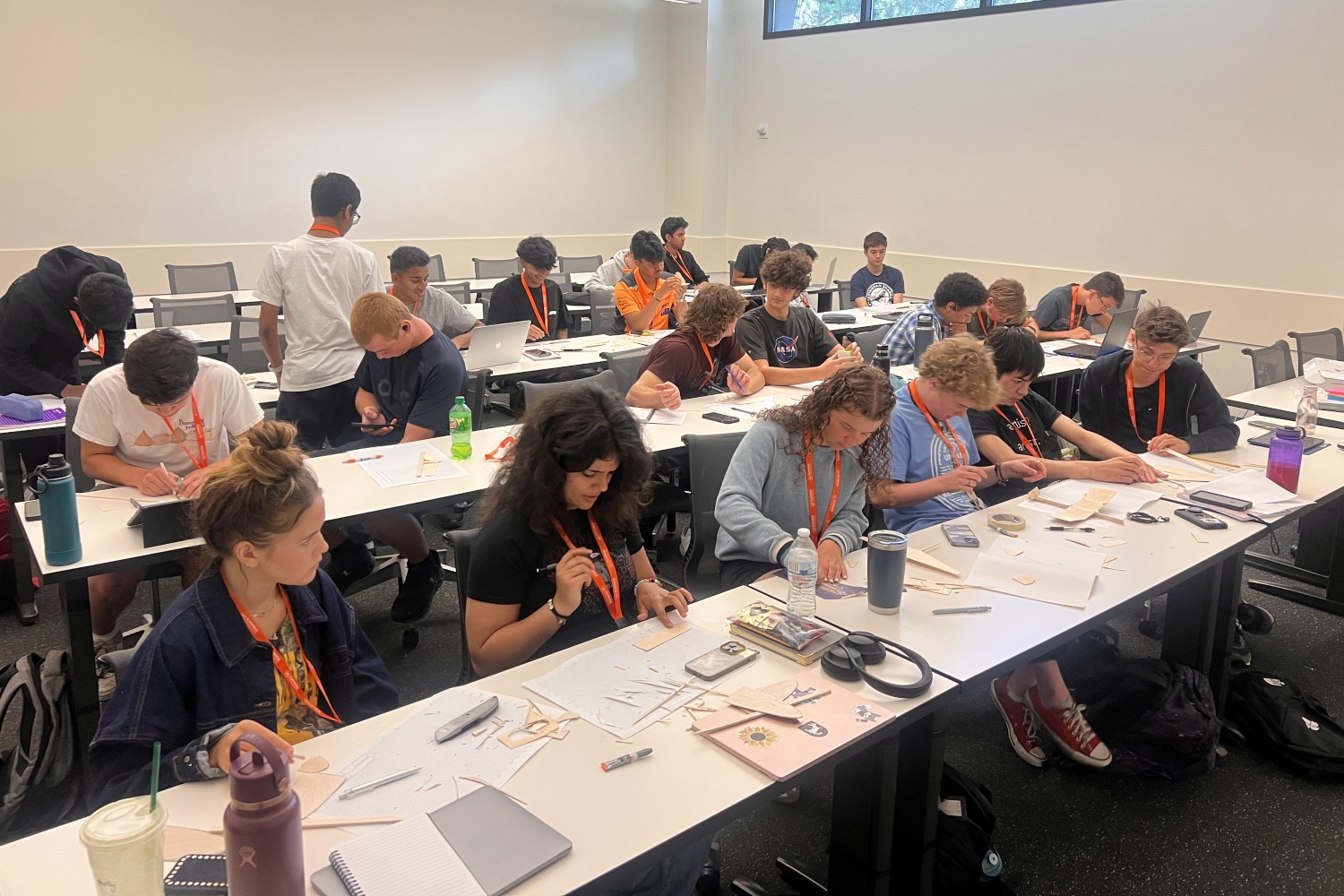
LEARN THE FUNDAMENTALS OF FLIGHT MECHANICS, EXPLORE THE DIFFERENCES BETWEEN AERONAUTICAL AND ASTRONAUTICAL ENGINEERING, ENGAGE WITH EXPERIENCED PROFESSIONALS IN THE FIELD, AND MORE
THIS IS A TWO-WEEK PROGRAM WHERE YOU’LL FOCUS ON ONE COURSE FOR THE ENTIRE DURATION
Aerospace Engineering
- Learn the fundamentals of flight mechanics, aerodynamics, propulsion systems, aircraft design, and more.
- Understand the key differences between aeronautical and astronautical engineering and use basic orbital mechanics.
- Engage with professionals in the field about the latest advancements in aerospace engineering and flight technology.
- Design and manipulate your own basic glider airplane or rocket to test certain flight maneuvers/concepts, and perform within certain parameters.
Summer Springboard
Aerospace Engineering
About This Course
TOPICS YOU'LL EXPLORE
Hands-on Learning
Students will participate in hands-on practical activities based on the topics they are learning, including designing and manipulating their own basic glider airplane or rocket to test certain flight maneuvers/concepts, and perform within certain parameters.
Career Exploration
Students will have the chance to visit companies or organizations in the aerospace engineering industry, as well as hear from experienced professionals in the field. In the past, students have heard from guest speakers affiliated with the American Institute of Aeronautics and Astronautics, The Aerospace Corporation, and more.
Note: Excursions to local aerospace companies will require proof of U.S. Citizenship due to contracts those companies hold with the federal government.
RESOURCES
Course Infosheet
Click here to view or download the printable infosheet for this course.
Program Catalog
Click here to request our catalog to learn more about our summer programs and courses.
Campus Page
Click here to view the website page for this campus and learn more.
“I enjoyed the real world insight from the field trips. We went to a construction site and Autodesk Gallery to learn about the mechanics of machines and buildings.”
– James L. | Alumni Student
Summer Springboard
Aerospace Engineering
Meet Your Instructor
Carl Knowlen received his Ph.D. in Aeronautical and Astronautical Engineering from the University of Washington in 1991 and is currently a Research Associate Professor with the UW William E. Boeing Department of Aeronautics and Astronautics. He has a strong background in modeling gas dynamics, chemical kinetics, heat transfer and fluid flow systems and extensive experience in experimental techniques for internal ballistics, subsonic and supersonic wind tunnel testing, cryogenic systems, rocket propulsion systems, and flow field diagnostics. Prof. Knowlen served for four years as the manager of the Kirsten Wind Tunnel, which is the largest commercial subsonic wind tunnel on the west coast operated in a university setting. He was also the faculty mentor of the UW high-powered sounding rocket team that competed in nine annual international intercollegiate rocket engineering competitions under his supervision.
His current research activities include; ram accelerator mass drivers for direct space launch, rotating detonation rocket engines for space propulsion, and cryogenic energy storage systems for zero emission vehicle propulsion. He has taught aerospace engineering courses for over 20 years, including introductory courses on aerospace technology for non-engineering majors and incoming first year students.
CARL KNOWLEN
“It was nice to have an actual engineer as the instructor of the course who had been on the job for most of his life.”
– Griffin H. | Alumni Student
Summer Springboard
Aerospace Engineering
Dates & Tuition
| 2026 Dates |
|---|
| Session 1: July 27 – August 8, 2026 |
Click here to enroll in this course using our online enrollment form.
| Tuition |
|---|
| Residential Tuition: $5,798 |
| Commuter Tuition: $2,998 |
Tuition Protection Plan: Allows for cancellation for any reason up until the day of the program.
| Location |
|---|
| City: Seattle |
| State: Washington |
| Campus: University of Washington |
Summer Springboard programs are not run by our campus partners (with the exception of Cal Poly and NYSID which are run in partnership with SSB). Universities and their affiliated departments and partners do not control and are not responsible or liable in any manner for any part of the Summer Springboard program.

